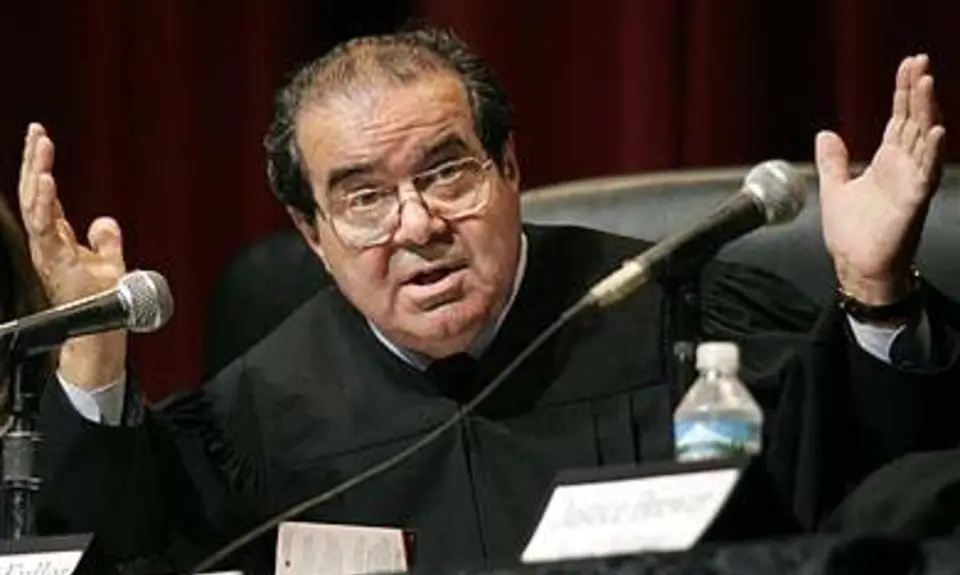There was a fascinating exchange during oral arguments in the marriage cases this morning that highlighted the importance of having a diverse federal judiciary.
Echoing a right-wing talking point that is utterly without legal merit, Justice Scalia suggested that ministers who oppose marriage equality might be compelled to violate their religious beliefs by marrying same-sex couples. Once the Court rules that the state cannot constitutionally discriminate against same-sex couples seeking to marry, then clergy – who are instruments of the state when they perform a civil marriage – cannot constitutionally decline to marry same-sex couples, Scalia suggested.
I don't see how you could possibly allow that minister to say, I will only marry a man and a woman. I will not marry two men. … I don't see any answer to that. I just don't.
Really??
Fortunately, while Justice Scalia didn't see any answer to that, Justice Kagan was there to inject what should have been an obvious point:
[T]here are many rabbis that will not conduct marriages between Jews and non-Jews, notwithstanding that we have a constitutional prohibition against religious discrimination. And those rabbis get all the powers and privileges of the State, even if they have that rule, many rabbis won't do that.
Yes, Justice Scalia, throughout American history, with marriage limited to opposite-sex couples, clergy have been free to refuse to marry people if doing so violates their religious beliefs, even when discrimination against that couple by the state would be unconstitutional. That will not change just because the religious belief in question is about two men or two women. It's called the First Amendment.
For many American Jews, intermarriage is common among our friends and family, so we are quite familiar with rabbis who choose not to marry mixed-faith couples. Bringing her life experience to the bench, Justice Kagan was able to help ease Justice Scalia's mind.
But it's disconcerting to think that Scalia had to be reminded of this in the first place.
